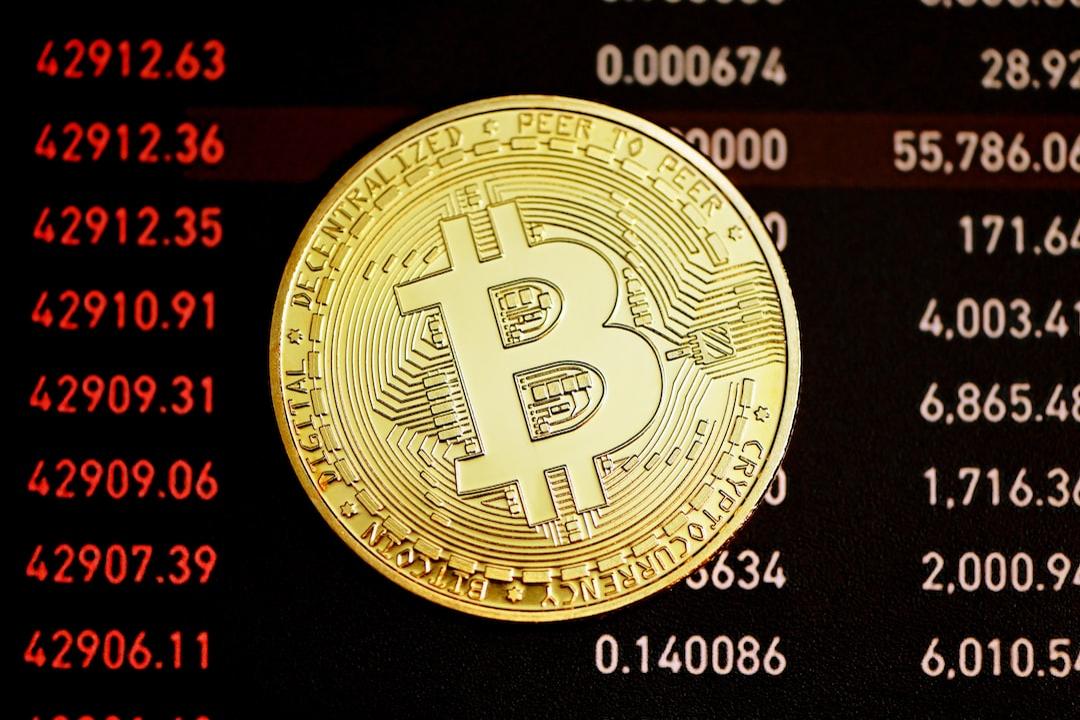Sam “SBF” Bankman-Fried, the first person associated with FTX and Alameda Research to face prison time after the collapse of the exchange in November 2022, has been sentenced by Judge Lewis Kaplan of the United States District Court for the Southern District of New York. He received a total of 25 years in prison following his conviction on seven felony charges. Mark Bini, a former assistant U.S. Attorney for the Eastern District of New York, stated that Judge Kaplan considered all the factors in the case, including the seriousness of the crime and SBF’s dishonesty and witness tampering, leading to a significant sentence. This decision sends a strong message that individuals convicted of crimes in the crypto space will face severe consequences.
Four other individuals connected to FTX and Alameda, Gary Wang, Caroline Ellison, Nishad Singh, and Ryan Salame, have pleaded guilty and reached deals. Salame, the former co-CEO of FTX Digital Markets, will likely be the next to be sentenced on May 1. Following the announcement of SBF’s sentence, many crypto users took to social media to express their belief that 25 years in prison was not sufficient given longer sentences for less severe crimes.
In other news, the Philippines’ financial regulator will block local access to Binance, the world’s largest cryptocurrency exchange, due to concerns over its unlicensed operations in the country. The Securities and Exchange Commission (SEC) of the Philippines, with the assistance of the National Telecommunication Commission, will block access to Binance’s website and online trading platform. The SEC alleges that Binance offers investment products without the required licenses, which violates the Securities Regulation Code. The ban will take effect within three months to allow investors to exit their positions, and the SEC has also requested Google and Meta to block Binance-related advertising for Filipino users.
Furthermore, the National Data Protection Commission (CNPD) of Portugal has announced temporary restrictions on Worldcoin’s biometric data collection through its Orb devices in the country. The CNPD has taken this step to protect the rights of its citizens, particularly minors. The measures will be in place until the conclusion of an investigation, as the CNPD received numerous reports regarding the collection of data from minors without proper authorization.
In a positive development for self-custody wallets and decentralized finance (DeFi) apps, Coinbase Wallet has emerged victorious in a lawsuit brought against it by the Securities and Exchange Commission (SEC). U.S. District Judge Katherine Failla dismissed the allegations, stating that the SEC had “sufficiently pleaded” Coinbase’s lack of licensing and the unregistered nature of its crypto staking offering. The judge also concluded that the SEC failed to provide evidence that Coinbase conducted brokerage activity through Coinbase Wallet, its self-custody crypto wallet app that gives users full control over their assets. This decision is being celebrated by crypto lawyers as a win for the self-custody wallet and DeFi sectors.

